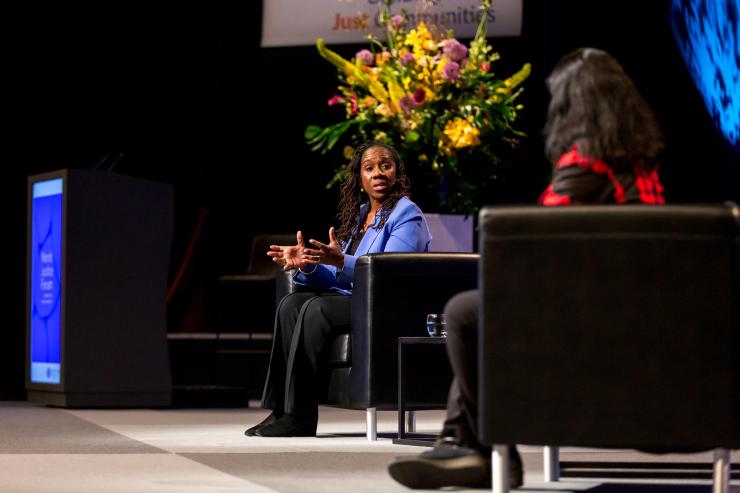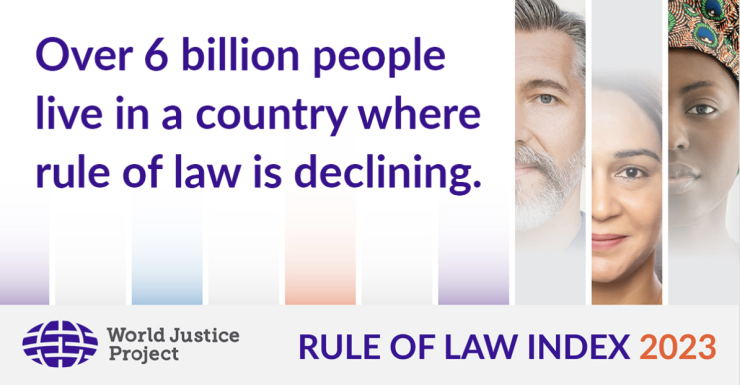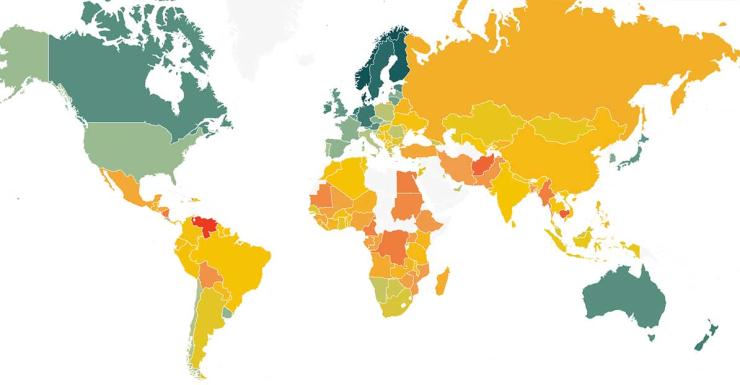On September 4, Chile rejected the adoption of a new constitution, that would, among other provisions, enshrine gender parity at the national level.
World Justice Challenge 2022 honoree Fundación Multitudes was deeply involved in the lead up to the vote, hosting a series of conversations with women candidates to the Constitutional Convention, feminist activists, and others in 2020 and 2021. It was through these workshops that they recognized that disinformation and online gender-based violence were a barrier that discouraged women from pursuing a political career or even participating in the political arena as advocates and citizens.
WJP recently talked to Paulina Ibarra, Executive Director of Fundación Multitudes, to learn more about their work in Chile, and how, in light of the recent referendum results, they are looking to the future.





